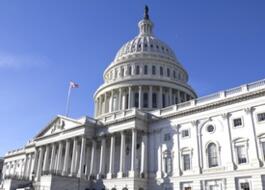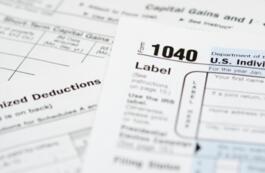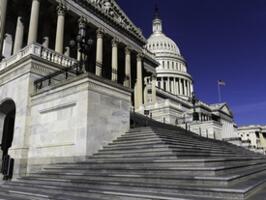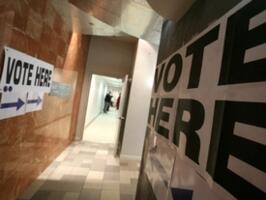Most Voters Still Want Government to Cut Spending to Boost Economy
In reacting to the nation’s current economic problems, more voters worry the government won’t do enough than that it will do too much. However, they hope the government’s response is to cut spending, not increase it.
A new Rasmussen Reports national telephone survey finds that 52% of Likely U.S. Voters are more concerned that the government won't dip enough in responding to the bad economy. Just 38% are more worried that the government will do too much. (To see survey question wording, click here.)
(Want a free daily e-mail update? If it's in the news, it's in our polls). Rasmussen Reports updates are also available on Facebook.
The survey of 1,000 Likely Voters was conducted on September 11-12, 2014 by Rasmussen Reports. The margin of sampling error is +/- 3 percentage points with a 95% level of confidence. Field work for all Rasmussen Reports surveys is conducted by Pulse Opinion Research, LLC. See methodology.



















